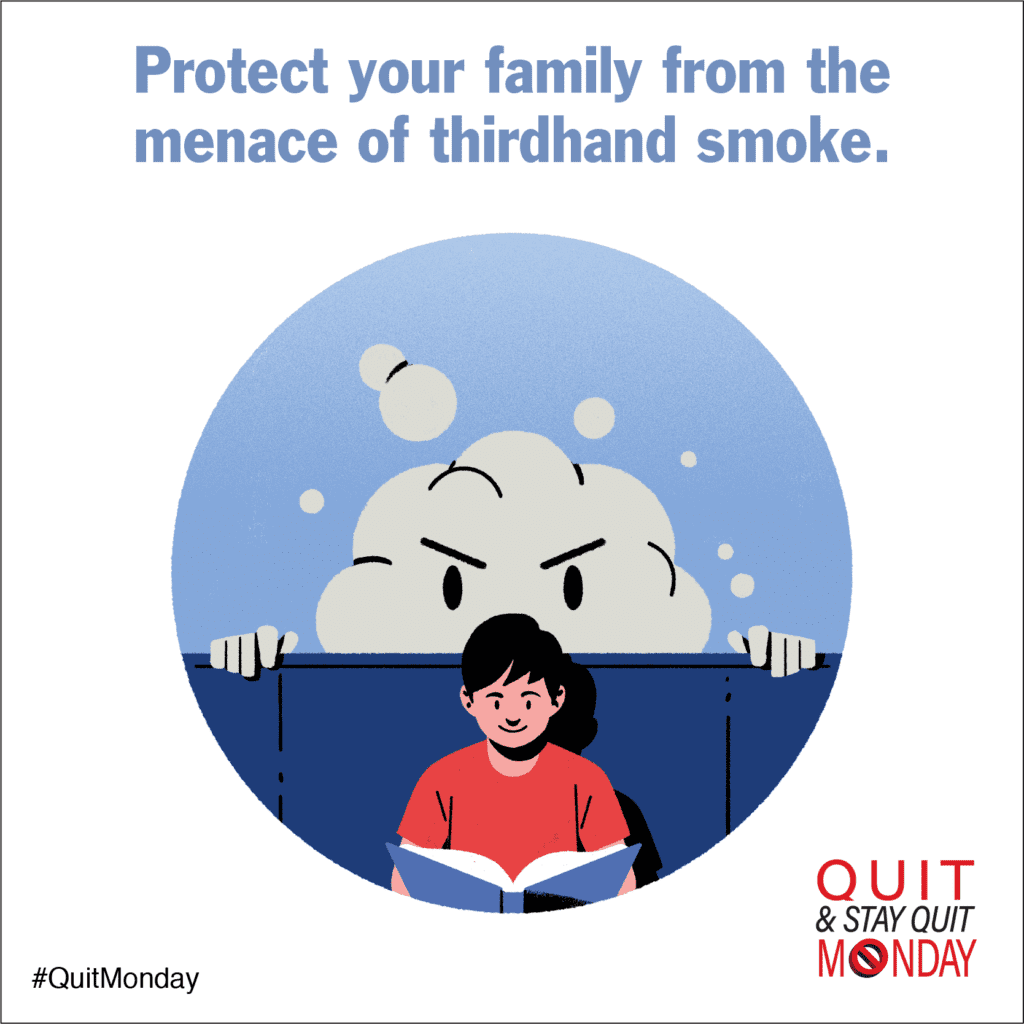Yes, Third-Hand Smoke is Dangerous — Here’s How to Defend Against It
We are all familiar with the noxious, burnt aroma of stale tobacco smoke, but this unpleasant smell is more than just an inconvenience for our nostrils; it’s also a possible health risk.
And there’s a name for it: Third-hand smoke.
Third-hand smoke is the residual nicotine and chemical mixture that remains on indoor surfaces from tobacco smoke. These lingering residues cling to everything and anything — from furniture, walls, and carpets to skin, clothes, dust particles, and hair, and they can mix with other common indoor pollutants to create a dangerous cocktail of cancer-causing compounds.
And it doesn’t take much to be exposed to third-hand smoke; simply sitting on or touching a contaminated surface increases the risk of being affected.
Children, infants, and pets are more vulnerable to the potential hazards of third-hand smoke because they are more likely to crawl, touch, and taste the polluted areas. When a nonsmoker breathes in, touches, or ingests this carcinogenic mix, it increases the likelihood of having asthma attacks, allergic reactions, or other health issues.
But there are ways to reduce your loved one’s exposure to third-hand smoke, and many of them require only a little bit of planning and maybe some elbow grease.
Quit Smoking:
This one isn’t easy, and it may take several attempts, but if you use Quit Monday to recommit, your chances of success greatly increase. This is the single best thing a parent can do to avoid short-term or long-term consequences for children and pets.
Demand a Smoke-Free Car and Home:
For many, cessation from smoking is a gradual process. If this is case, you can still insist that your home and car remain smoke-free.
Don’t Bring the Smoke Home:
Although there’s been a lot of progress in discouraging smoking in public places, there are still many jobs and work environments that allow it. If you recognize that your clothes smell of cigarette smoke, do your best to dump them in the laundry and shower soon after you get home.
Visit Smoke-Free Hotels and Restaurants:
Many hotels and restaurants are smoke-free or offer smoke free options. Make sure to inquire when you’re checking into a hotel room that it is smoke free.
